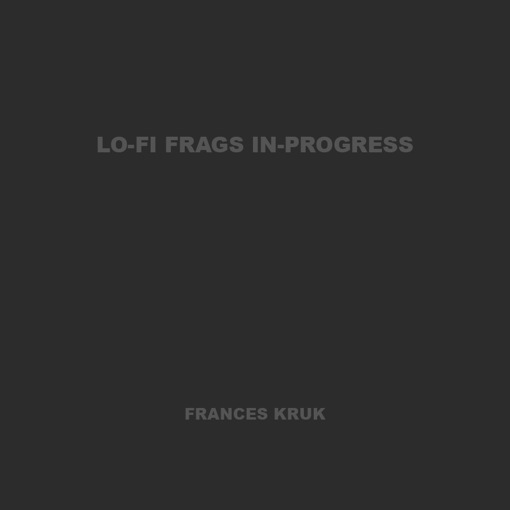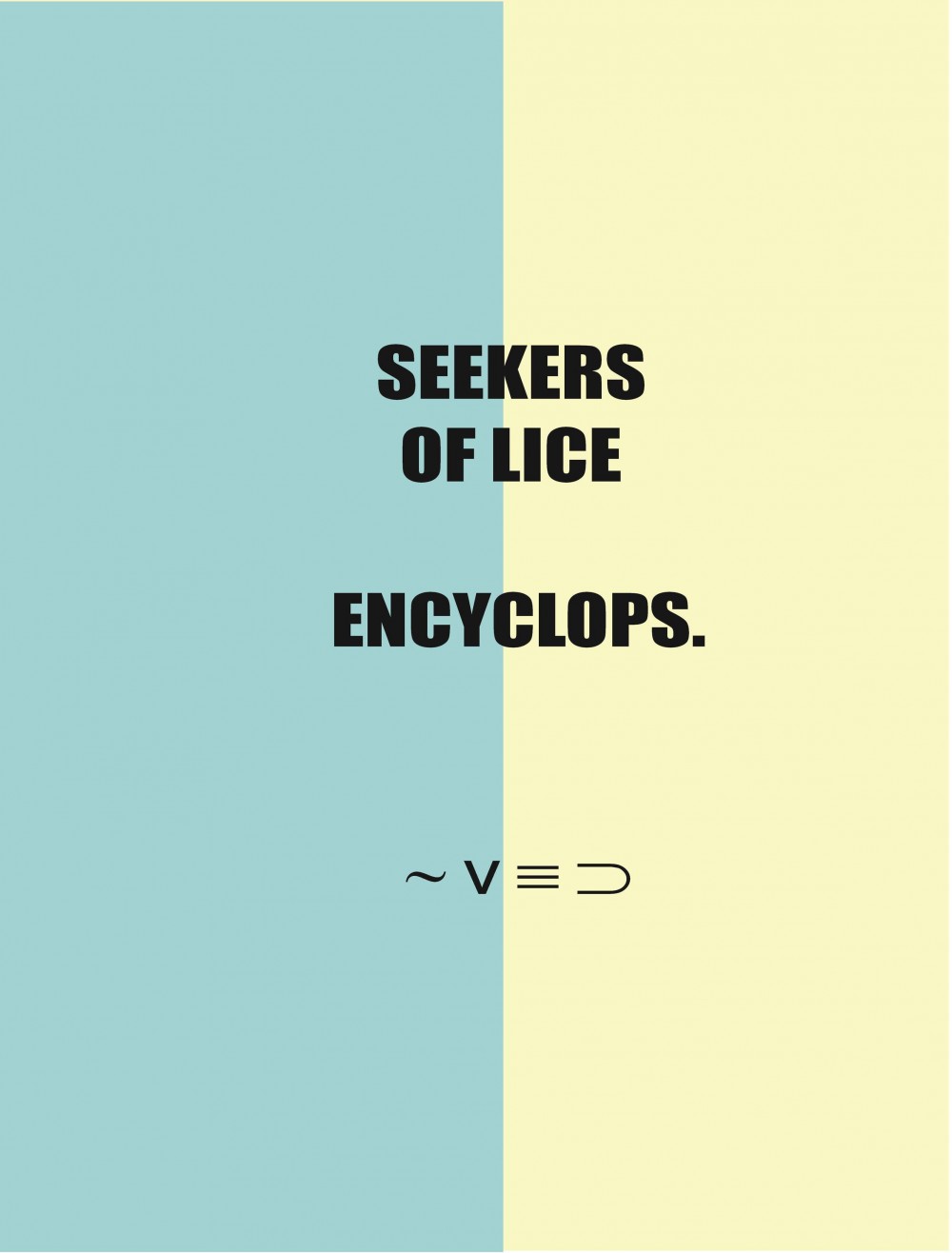Çekoslovakyalilaştiramadiklarimizdanmisiniz or Long Words by Nia Davies
– Reviewed by Ryan Ormonde –
Long words betray a push-and-pull tension in speech: if used too frequently, they slow down comprehension. If dispensed with altogether, what remains are spluttering staccato phrases attempting to form the already formed, grasping after the specific. Then there are very, very long words. Unusable oddities, their purpose seems satirical – a warning against excessive compounding and over-formation. These words are mysterious and playful, poetic ready-mades. Even for native speakers, they require translation. In Çekoslovakyalilaştiramadiklarimizdanmisiniz or Long Words, Nia Davies selects eighteen words from thirteen languages, using their English translations as starting points for the poetry.
The Filipino language Tagalog inspires the two most successful poems in this collection. One long word translates as ‘the emotionally disturbing (or upsetting) thing’ and it is the semantic seesaw of ‘disturbing/upsetting’ that provides the momentum for a bruised and defiant elegy to a former classmate who was killed by her boyfriend. The poem relates this event in the context of other responses to violence against women as understood from different sources:
in britain a woman dies pretty much every 3 or 4 days at the hand of a man
and why i was so disturbed by a book
and not so disturbed by similar statistics from my own island
says something
Another long Tagalog word improbably translates as ‘a dusty place where chickens usually groom themselves’. Here the keyword for Davies is ‘place’, and as in several other poems, an opportunity is seized to reflect on the purpose and process of poetry itself, specifically the site or ‘place’ of the writing as it appears on the page. A pleasing logic allows us to ‘move through’ a breaker’s yard that has replaced the chickens’ ‘place’ only for the chicken’s to return, after which the poem swerves to attend the product of a rather more bovine animal, in a perfect correspondence of line and image:
i sometimes wonder what bullshit really is
because it really is embodied,
coming as it does from a bull’s body
warm for a period of time
then disembodied
Long words spill over into other long words. A humorous antipathy towards palaeontologists in a translation from Esperanto resurfaces in a meditation on a Slovak word (meaning: most anticrystallizing) and the chickens reappear in the title poem, the last in the book.
Davies’ flexible free verse style allows her to range from the seemingly direct (‘it would be telling here to make an observation about being understandable’) to the enigmatic – often the shorter poems with shorter lines. The concept of the book is strong enough to accommodate its vagaries, and Davies’ ponderings on the nature of poetry help to inform our reading, notably in the tennis-neck dialogue:
so it’s best just to make something up,
at the very least i said,
but we have to get it right she said,
at the very least you should just put your best foot forward,
i said, into the vague
into the vague way we speak to one another
Although in a broader context this book may be received as ‘experimental poetry’, in fact Davies, who is the editor of Poetry Wales, is one of the few contemporary poets who could appease two kinds of appetite, representing two kinds of poetry audience. At the risk of defining those audiences, let us say that Davies addresses both our need for long words and our need to understand.




